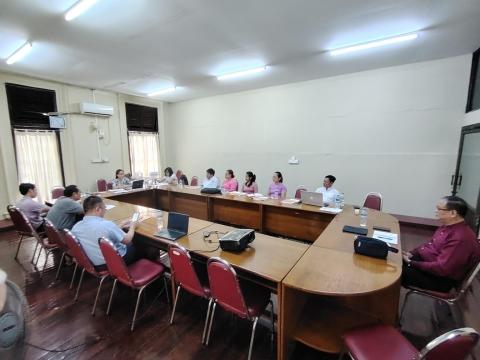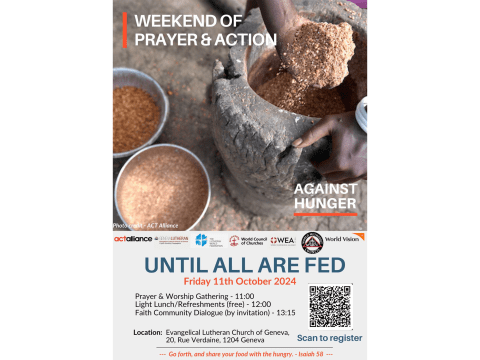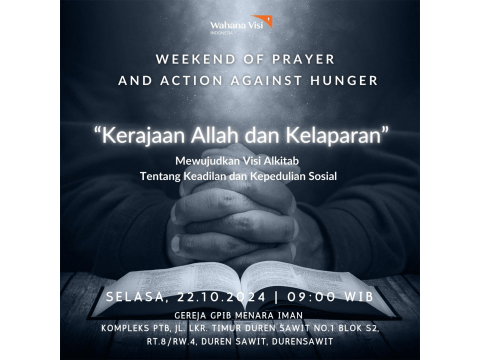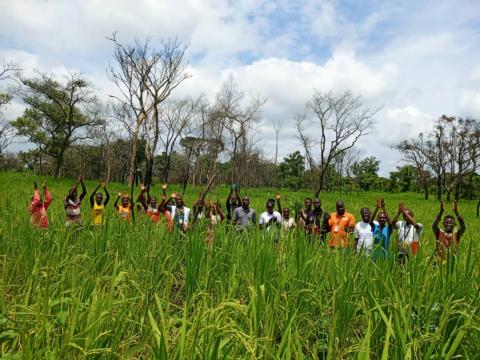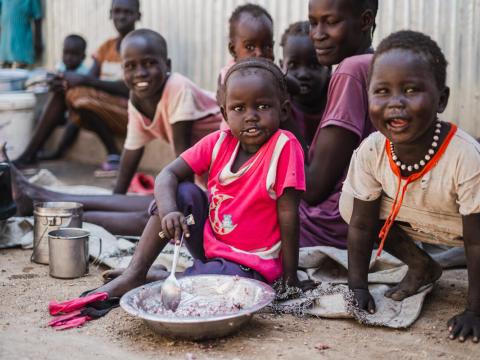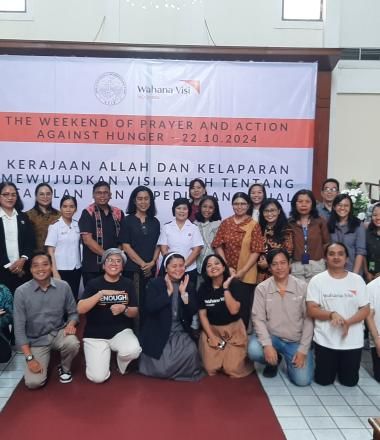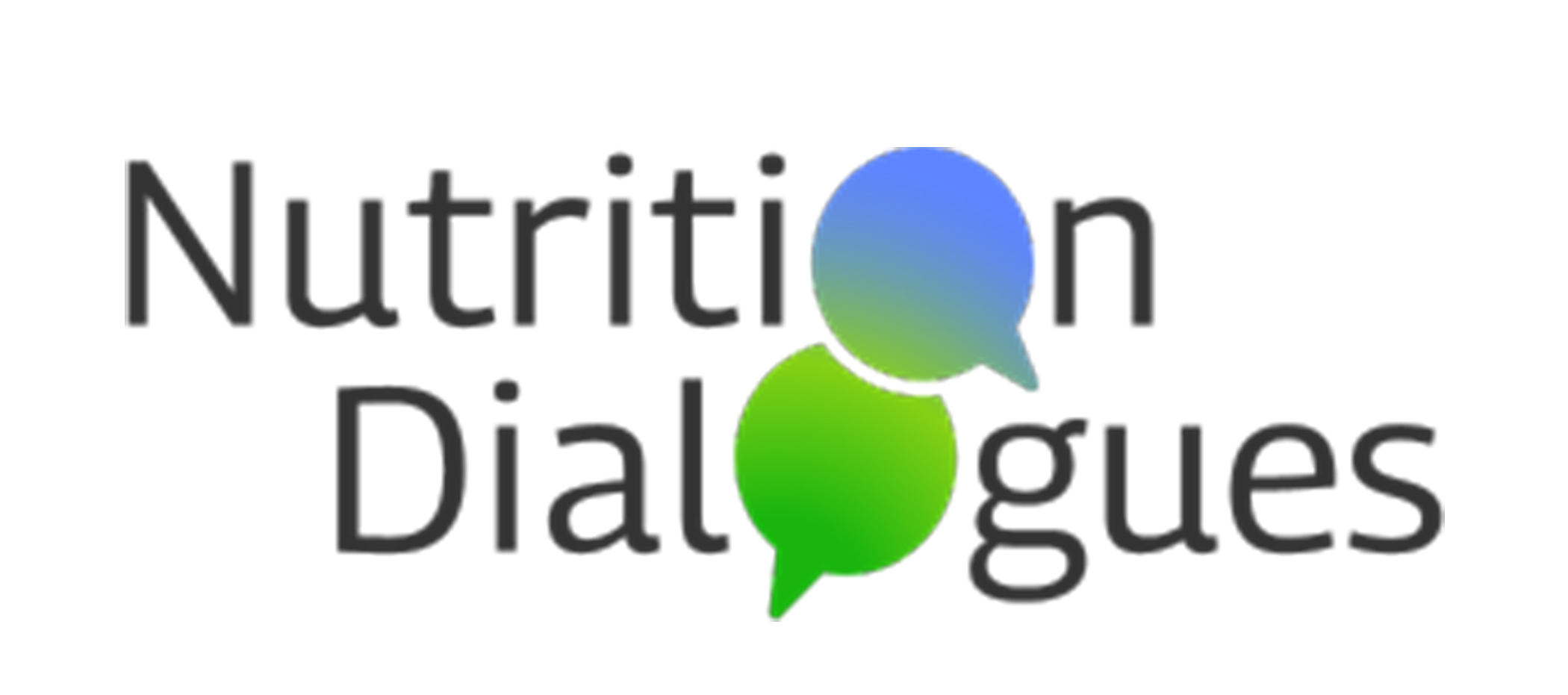
Nutrition Dialogues are a global initiative designed to bring together diverse stakeholders to discuss and explore the most urgent and effective ways to improve nutrition for all. These dialogues aim to elevate the voices of those most at risk of malnutrition, particularly women and children, and ensure their perspectives are heard by those with the power to make impactful changes. The dialogues foster open, honest discussions and embrace diverse perspectives, inspiring innovative solutions and more ambitious, effective, and accountable actions. The ultimate goal is to mobilize concerted efforts by governments, donors, and civil society to meet global nutrition targets and improve nutrition outcomes in local communities.
Find out more about Nutrition dialogues HERE.
Faith Community Nutrition Dialogues
While there are several different kinds of stakeholder dialogues as part of this process, Faith Community Nutrition Dialogues is a unique initiative that engages faith leaders, ministry workers, and their communities in addressing the global hunger crisis. This initiative seeks to curate the distinctive voices of faith communities, recognising their crucial role in shaping norms, practices, and policies related to nutrition and health.
Faith communities represent the majority of the world’s population, making their perspectives essential in any meaningful dialogue on hunger and nutrition. Religious worldviews significantly influence individual and societal behaviours, and faith leaders often act as trusted and credible figures within their communities. They serve as frontline responders, service providers, and sustainable solution finders, bridging gaps between the public sector, private sector, and civil society.
By participating in the Faith Community Nutrition Dialogues, faith leaders and their communities can amplify their voices, share their unique insights, and contribute to a global movement aimed at ending hunger. This initiative not only highlights the commitment of faith leaders to their communities but also leverages their influence to drive impactful change before, during, and after crises.
